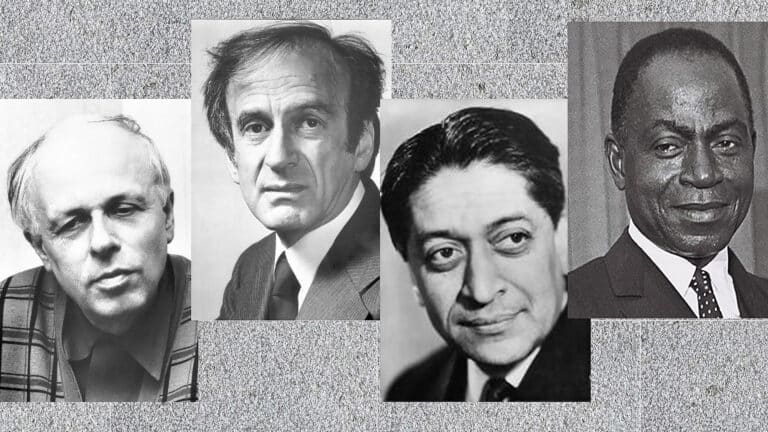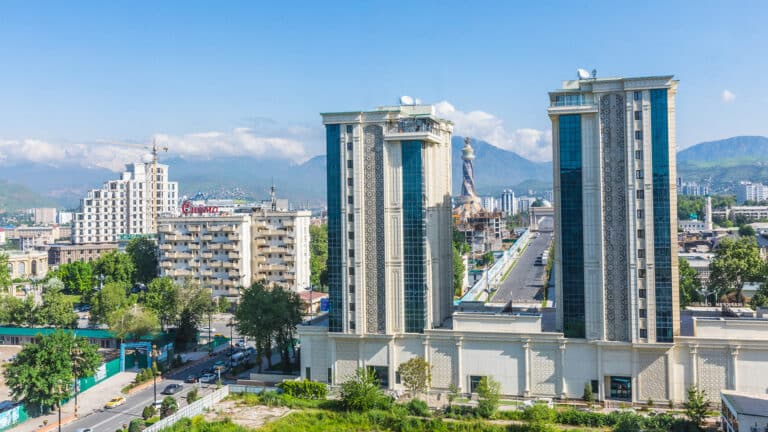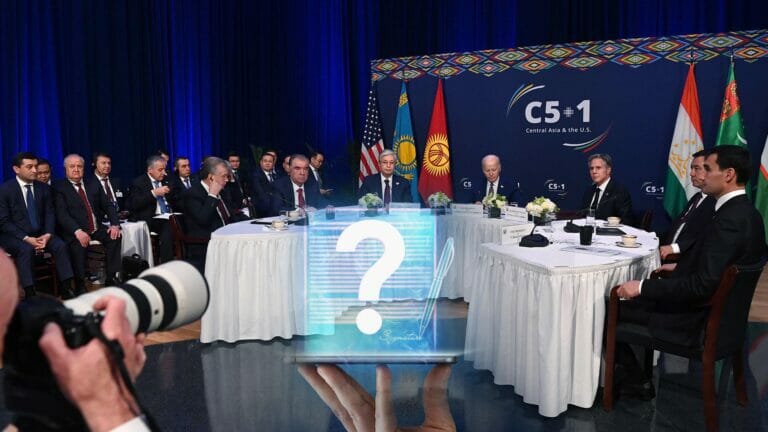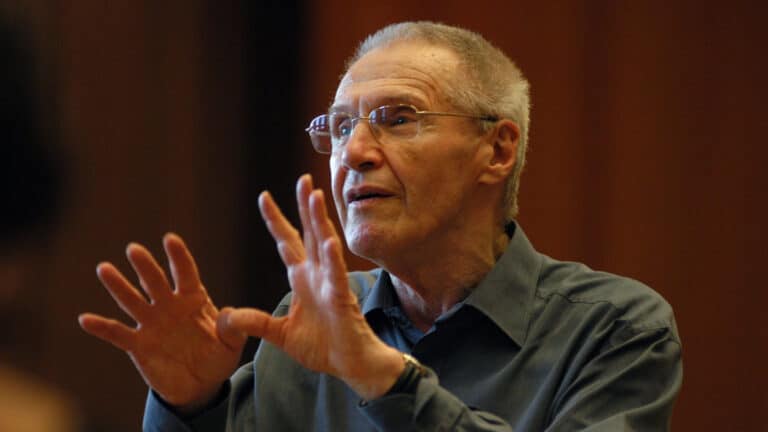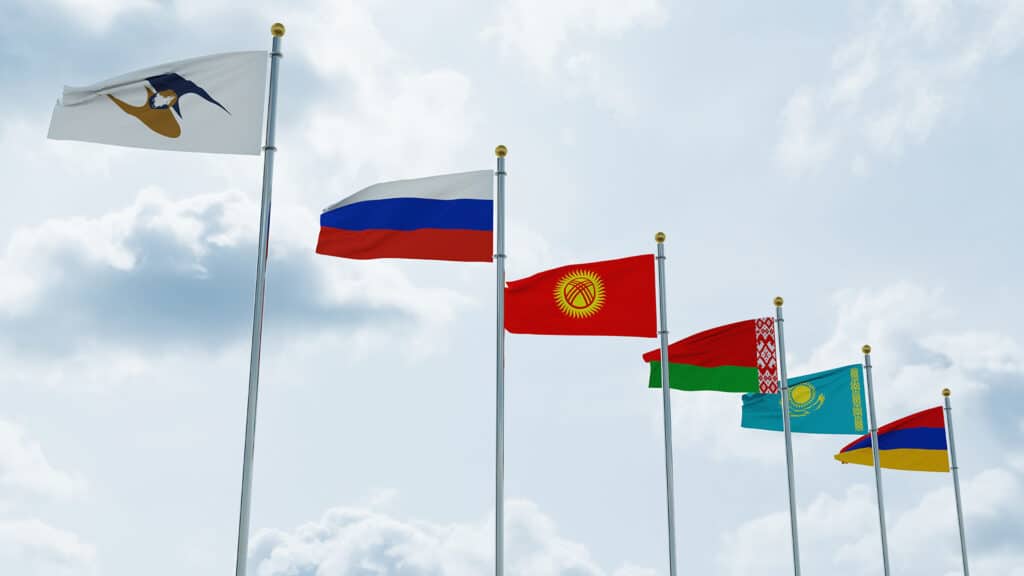
Kazakhstan is concerned about customs duties that are not distributed between Eurasian Economic Union (EEU) member states and the reimbursements to subsoil users who signed their contracts before July 1, 2010. Currently, Kazakhstan is reimbursing them from its state budget. According to Ardak Tengebayev, a member of the Supreme Audit Chamber of the Republic of Kazakhstan, EEU member states must do that together.
Entrance duties are mandatory payments for goods imported to the EEU. These payments are distributed among all member states of the union. Russia accounts for the lion’s share of these payments (85%), followed by Kazakhstan at 7%, Belarus at 4.8%, Kyrgyzstan at 1.9% and Armenia at 1.2%. In early September, Minister of Trade and Integration of Kazakhstan Arman Shakkaliyev said that this ratio must be revised. He also noted that a new methodology should have been negotiated in November.
Entrance duties must be paid by all importers. The only exceptions are subsoil use contracts that were signed in Kazakhstan before July 1, 2010. These companies either receive a waiver from the obligations to pay these duties or are reimbursed by the government. As Tengebayev highlighted, Kazakhstan has been making these payments from its own budget without solidarity responsibility from other EEU member states.
«Close cooperation between supreme bodies of financial control in EEU countries is one of the most important elements of the strengthening of integrational processes within the former Soviet Union. I am confident that all the current issues will find their most effective solutions,» he said.
EEU member state authorities, for instance, summarized the results of joint activities in 2023. Thus, entrance duties have risen by 45.6% year-on-year, reaching $15 billion. No violations in national reports on revenue and budget implementation have been reported.
After negotiations, the EEU countries have also agreed to adopt an aggregated report on the results of the joint examination with Kazakhstan’s exceptional opinion taken into account. The final document with recommendations aimed at implementing customs duties will be transferred to cabinets of member states along with the Eurasian Economical Commission.


